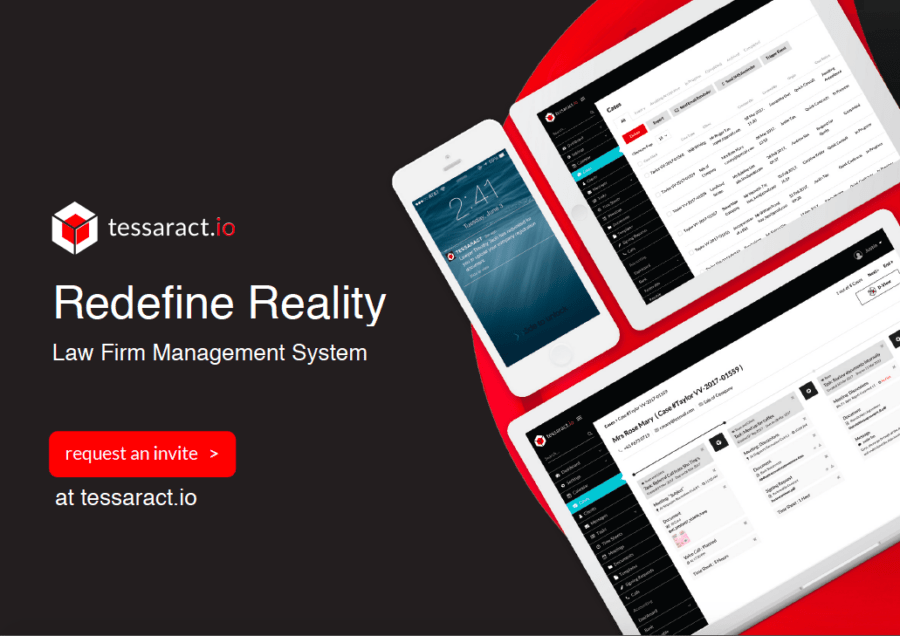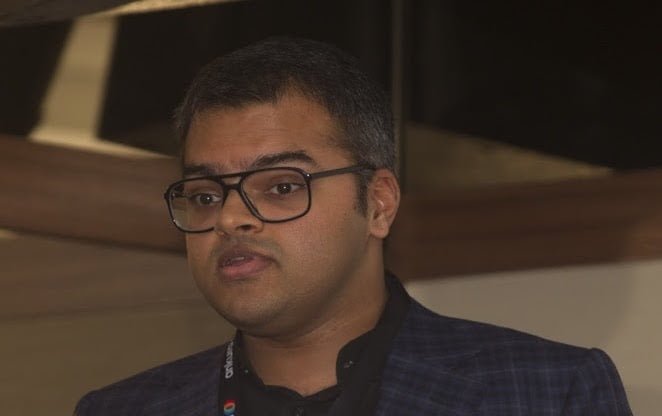Interview by Josh Lee | Edited byHuiling Xie
Organised by Malaysian legal tech startup CanLaw, LexTech Conference 2018is an APAC-wide legal technology conference taking place from 25 to 26 October 2018 in Kuala Lumpur. The Conference aims to drive legal tech adoption in the region and strengthen the regional legal tech community. In the lead-up to LexTech Conference 2018, LawTech.Asia will be bringing to you regular interviews and shout-outs covering prominent individuals who are involved in the conference.
LawTech.Asia spoke with Hannah Lim, Head of Rule of Law and Emerging Markets at LexisNexis (“LN”). Hannah will be speaking on the topic of “How technology will transform the business of law” at LexTech. Picking up on this exciting topic, we ask Hannah about how legal tech can play a pivotal role in shaping the rule of law in emerging markets, and how this interplays with the need to provide better access to justice for all.
—
What got you interested in the first place in exploring the advancement of the rule of law in emerging markets such as Myanmar?
Before joining LN, I was a corporate lawyer based in Myanmar, which explains my focus on Myanmar. I had been doing Myanmar legal work since 2011 and during my time there, I could really see how important a strong legal system was to society, and how it would affect the man on the street. It was something that I had taken for granted, and my experience has taught me that a robust society with a strong legal system and healthy institutions (such as the rule of law) is something that has to be deliberately built and maintained. It doesn’t materialize on its own and the process of building and maintaining these institutions is not easy. So, advancing the rule of law isn’t just a job for me; it’s closely tied together with my journey as a legal professional.





